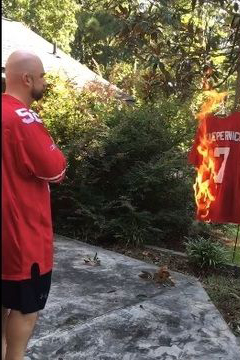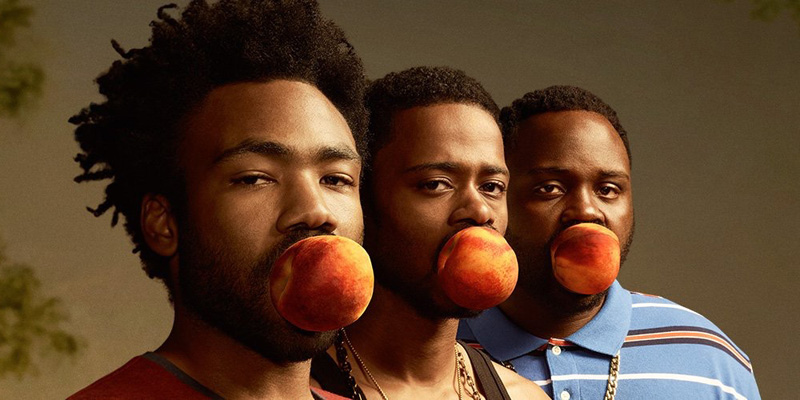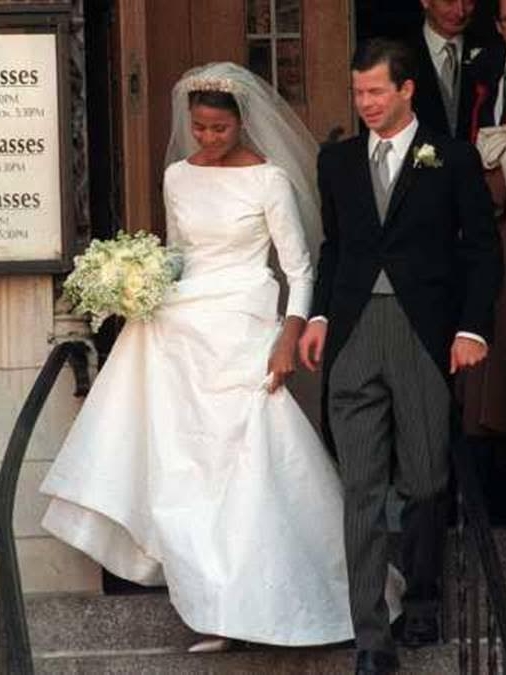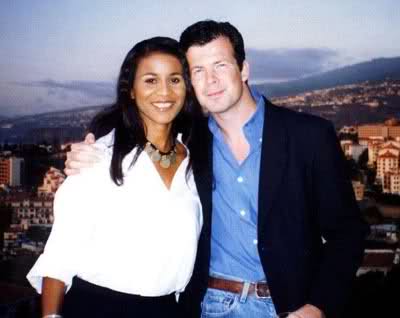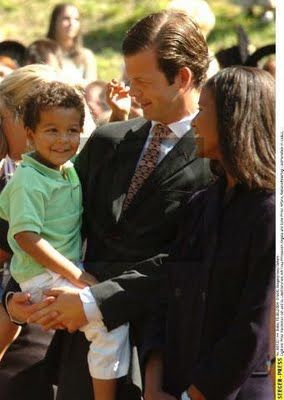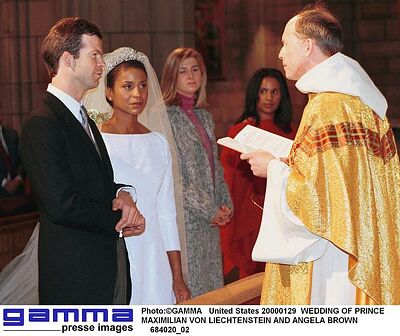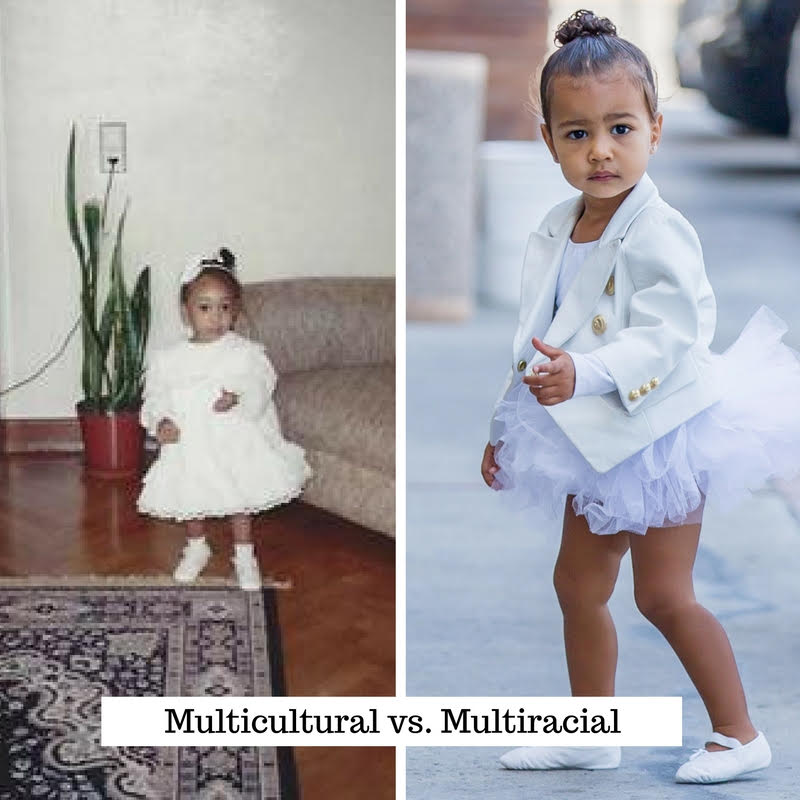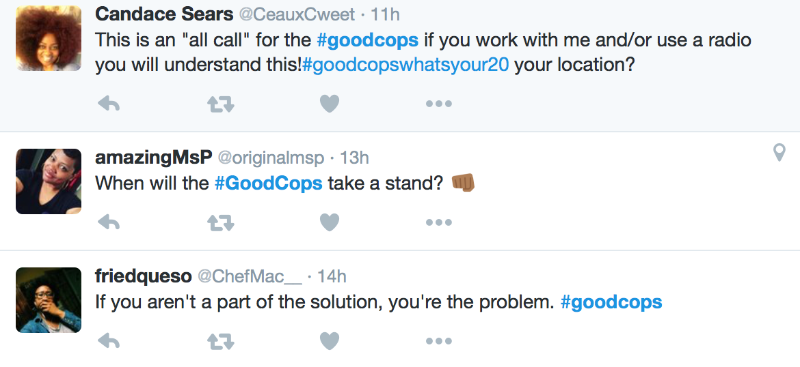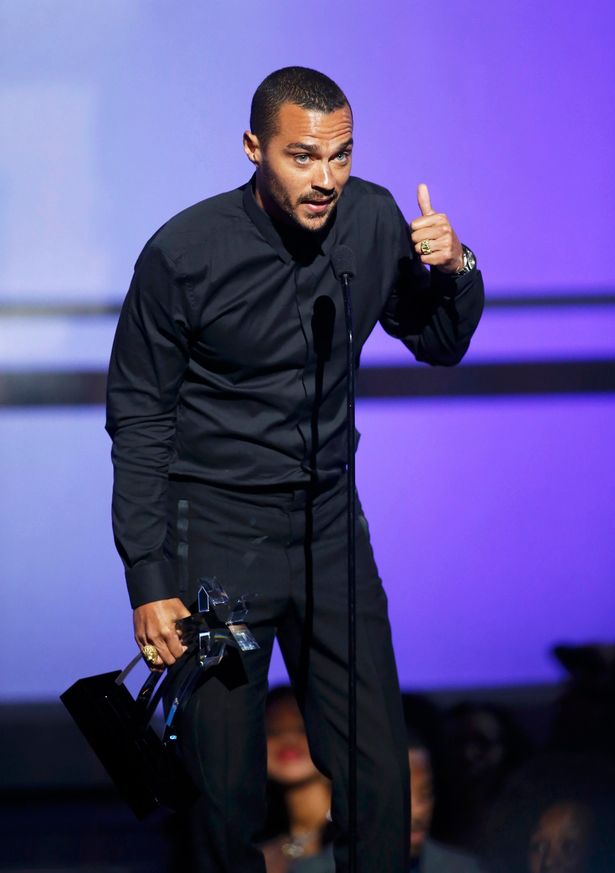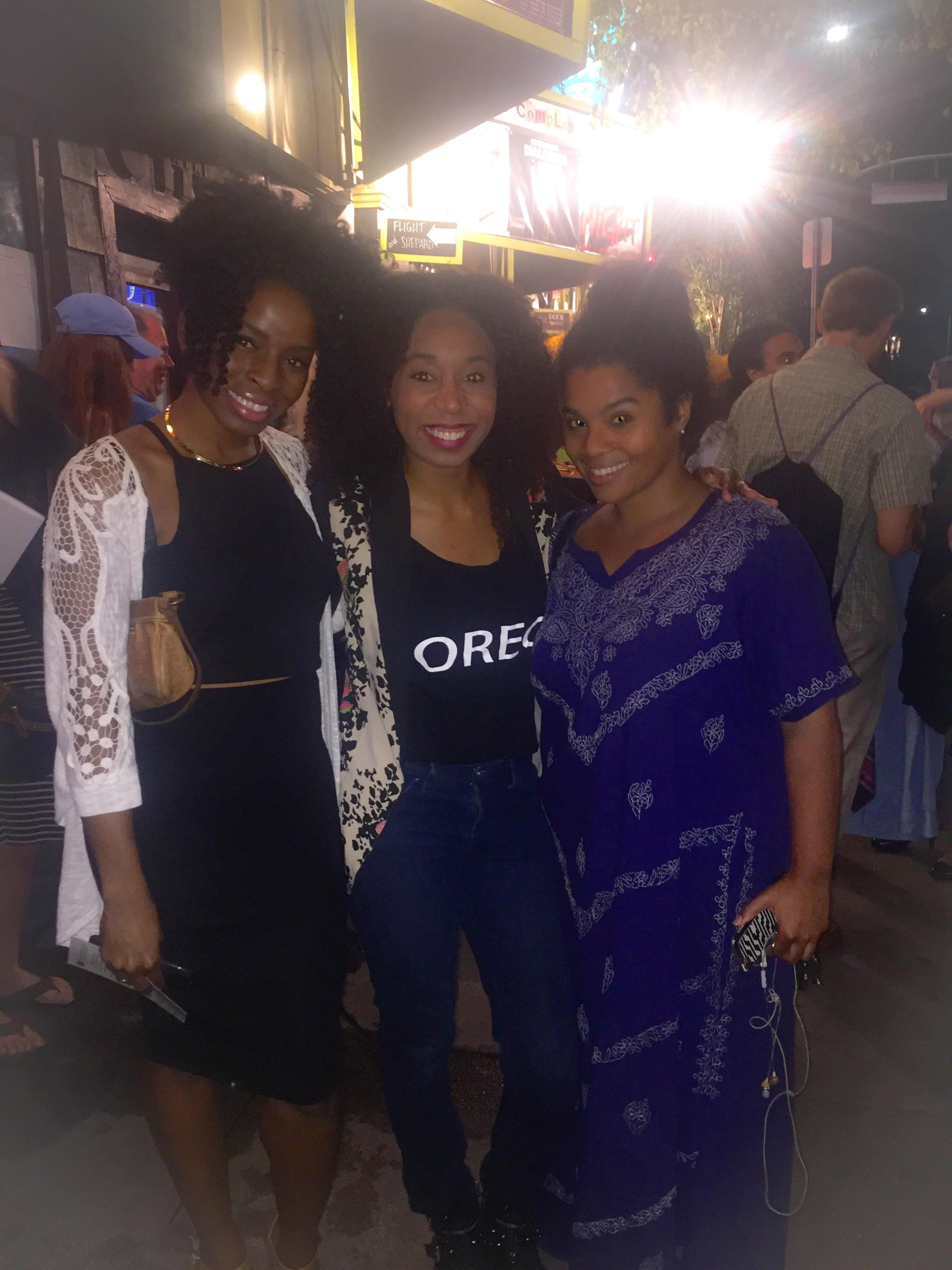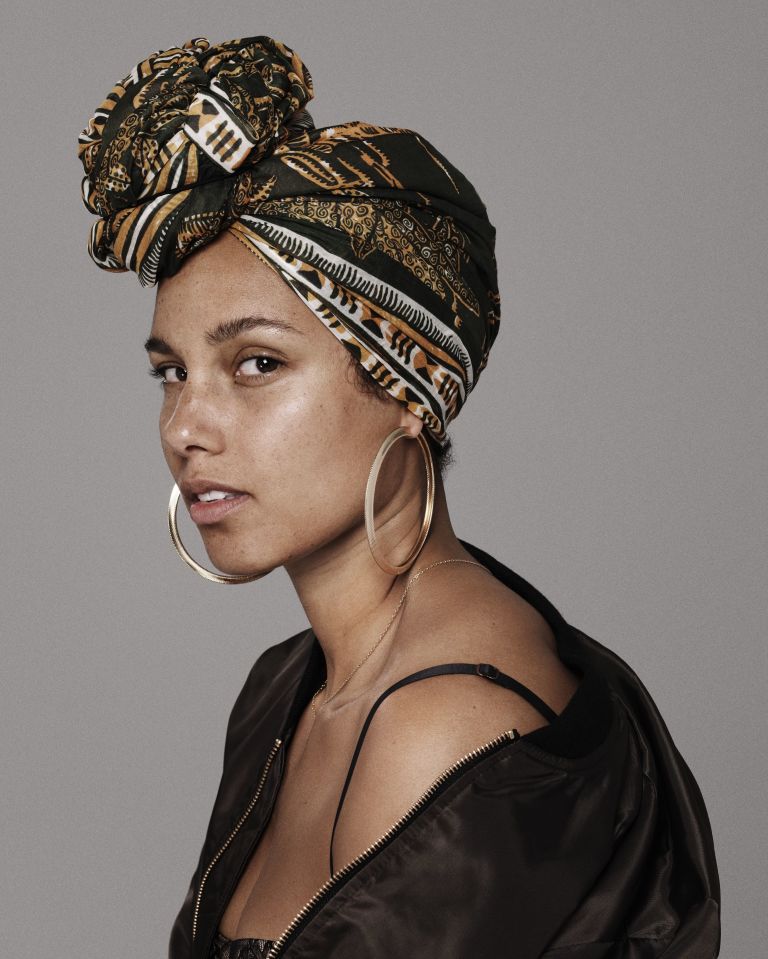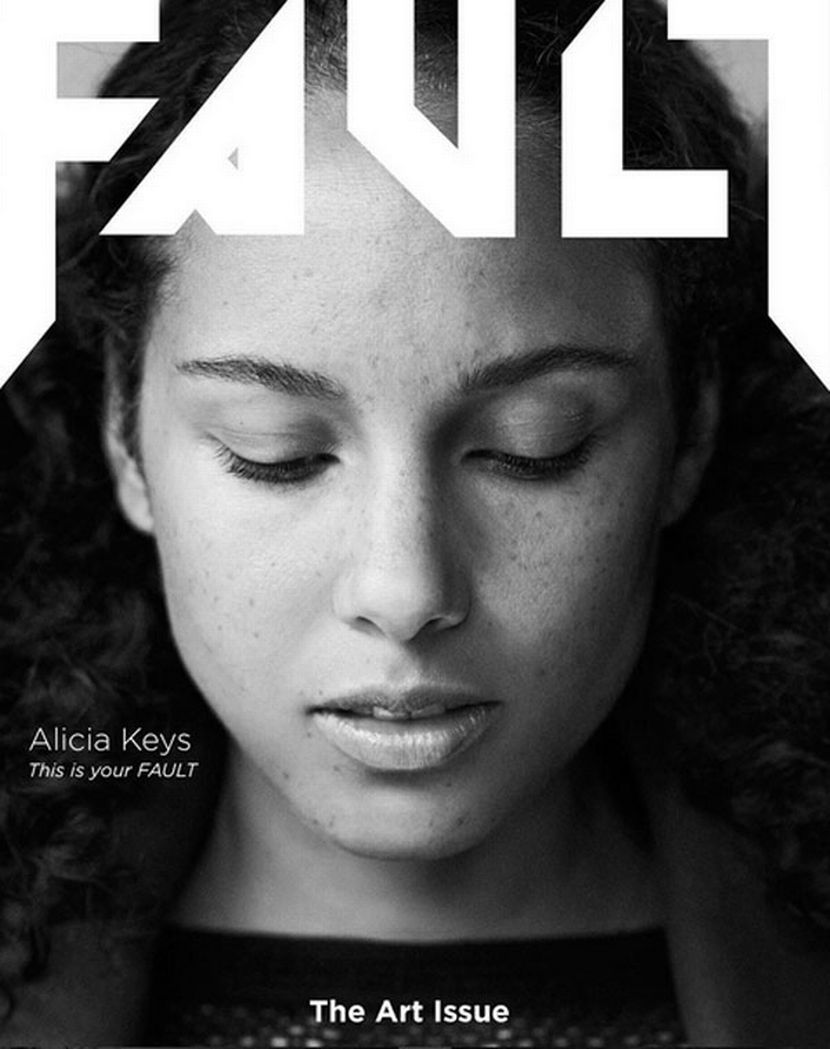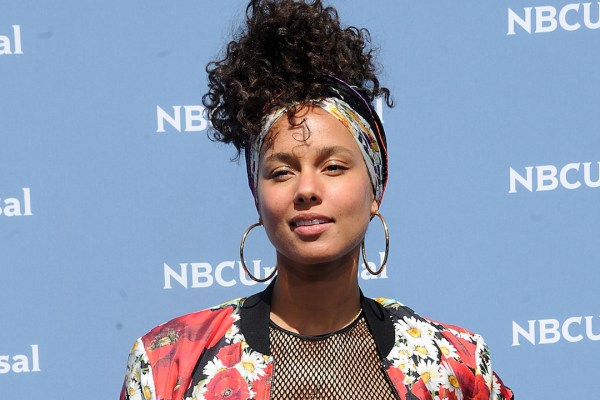There are people from Latin American countries with darker skin than me. Meanwhile, there are African-Americans who have lighter skin than I do. The American Creole, for example. However, all (the Latino, the Creole, and myself) are Black racially. But each of us has very different cultural experiences. And that is what sets us apart. The fact that we are Black is based solely on our skin color and (possibly) physical attributes. However, each of us functions and moves through society in different ways. Each of us comes from different backgrounds made up of different foods, languages, dances, and even attire. The food of the American Creole is nothing like the food of African Americans (or “Soul Food”). Soul Food is nothing like the food of Afro-Latinos in places such as Dominican Republic, Puerto Rico, or even Brazil. Each of these places has varying experiences based on these things. So this is how race and culture differ.
Merriam Webster defines culture and race as follows:
Culture: the beliefs, customs, arts, etc., of a particular society or group
Race: a category of humankind that shares certain distinctive physical traits
So why do I say I am multi-cultural or multi-ethnic (ethnicity is determined by shared cultural traditions and beliefs) as opposed to multiracial? Well first let's look at race. My direct connection to Puerto Rico, to my Latino side of the family, is my grandmother (referred to as “abuela” henceforth), who is very dark-skinned. Of course there are people in my family, on that side, who are White (racially, based on skin color). However, my abuela is not. But she is fully Puerto Rican, born and raised on the island, and currently living there. She is Black. My father is lighter skinned than my abuela, due to the background of his father. However, he identifies as Black. My mother is full blood African-American culturally and ethnically (Black, racially). Both of her parents are from the United States. Both are from Texas. So one could conclude that racially I am Black. However, culturally, there is a lot more going on.
Now as a child I referred to myself as mixed, bi-racial, multi-ethnic. I saw my abuela as Latino. However as I got older, I learned more about the separation of races, based on color, throughout all nations around the world. Some might simply call this “colorism". But it goes deeper. Because even in some of these countries, these people who are separated, have different experiences.
Let’s look at Brazil for example and the famed "City of God”(Cidade de Deus), one of the most famous slums in the world. The experience of the people living in this area is completely different from the Brazilians who live in nicer areas. In a similar way that the African-American experience is completely different from the experience of White Americans, even though both are American.
We are separated and we say that we are different races. But what is that based on? What is the thing that makes us different? What is the thing that makes African-Americans different from White Americans? Skin color. That's it. There is no other difference. At this point African-Americans are just Americans. We’ve been so far removed from Africa, that we are not “African-American". It’s not the same as being Chinese-American with parents who are from China or grandparents who are from China.
It’s not the same, because I can go back 3 and 4 generations and my family still came from America. I’d have to go back many more generations to find the roots of my ancestors because that history has been virtually erased. So when you tell me that there is a difference between African-Americans and White Americans and you say that these are different races, what you’re telling me is that the skin color, and certain physical markers are the things that make them different; and that is racial solely.
However, culturally, yes, there are differences between African-Americans and White Americans in some areas. And those differences are the result of society and the way in which our society has been set up. There are certain things that were born out of the ghettos of America because of the separation and bastardization of some of the American citizens who for the longest were not even considered citizens. That’s a different topic. But the truth is, that sort of thing happens in every country. That happens throughout the world - this separation, where other cultural markers begin to take root. Where certain types of food and certain music (Jazz, Afro-rhythms, rap), begin to take root and come out of. That in my opinion is what matters the most and that is what separates us. It’s the culture more than the race.
Race is a social construct in my opinion, simply based on superficial qualities.
"Most genetic differences are between individuals, not groups. Almost never does one group (racial or ethnic) have a trait that is missing in the rest of humanity. Our physical differences—skin color, facial features, hair texture— actually represent ancestral adaptations to different environments." - Luca Cavalli-Sfroza, geneticist
As I have continued to learn more and more about race relations, my history, and about myself, I decided that multi-racial didn’t make sense to me, because in each country that my family represents and that my mixture represents, they are considered Black. By the social standards of each country and by the color standards of each country, my family is considered Black. And that didn’t make sense to me, as I got older, because, since childhood I always knew that my abuela was very different from my mom and her family. Puerto Rico was very different from America. I knew and I understood that from the beginning. To me my father looked nothing like my mother. I thought that he was White, when I was a child. Because I didn’t understand anything beyond the social constructs of Black and White. So given that I’ve known my abuela has been considered Black, even though she fully identifies as Puerto Rican, it highlighted to me that her social classification only has to do with skin tone.
So, I decided to identify with culture. And I value that and hold that to higher esteem.
Therefore, I am multi-cultural.



